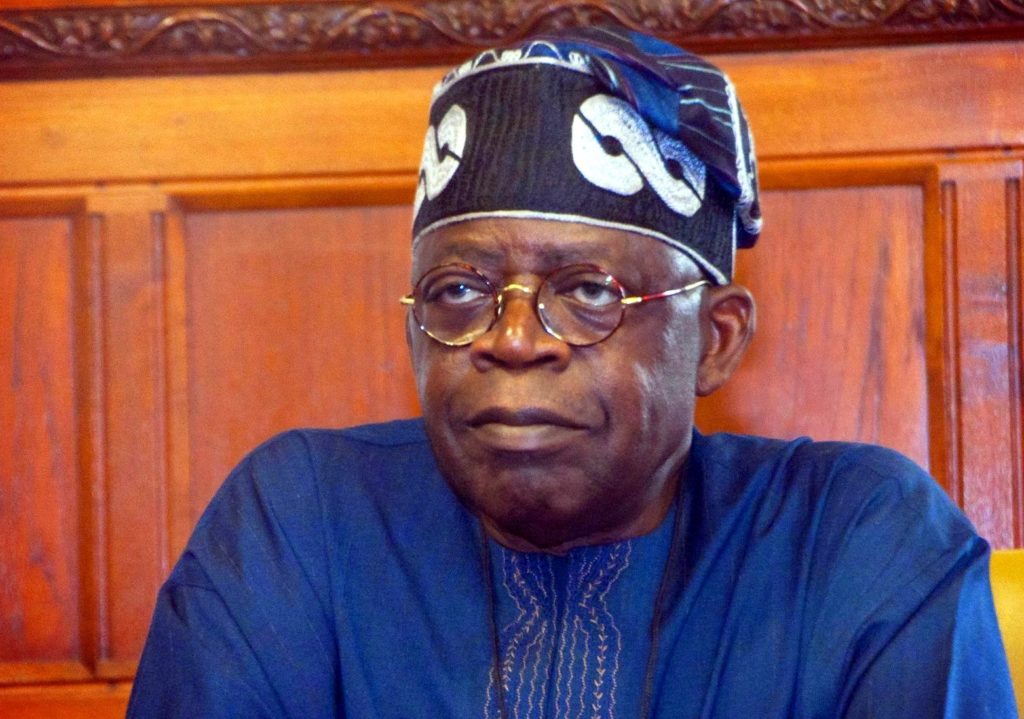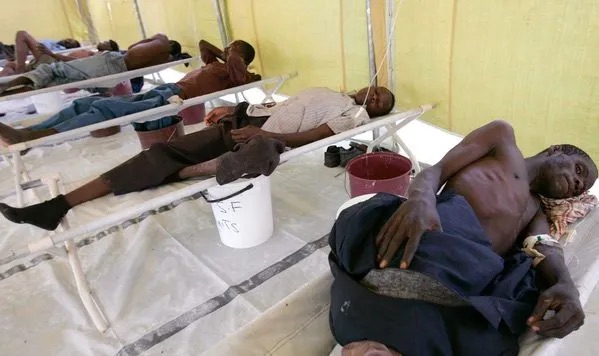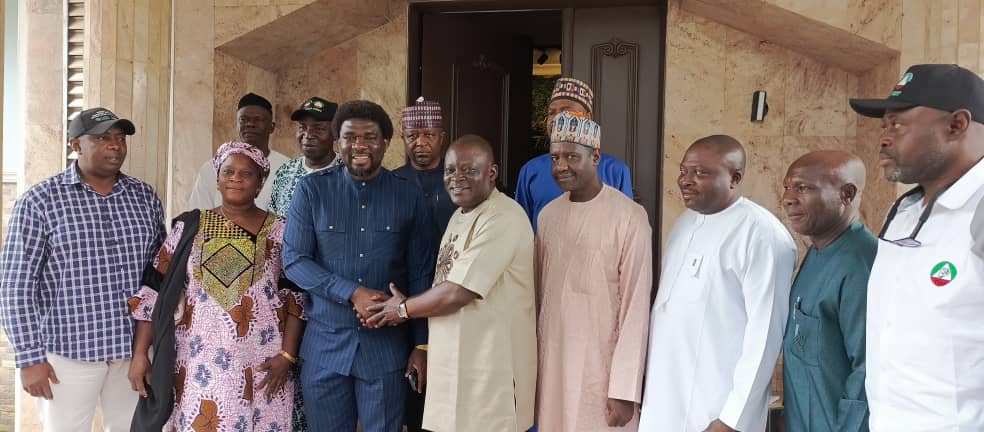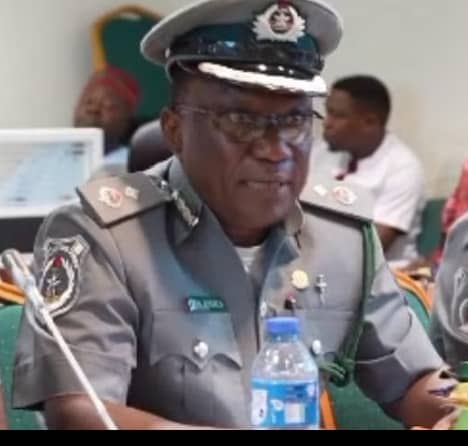
Minimum Wage: Tinubu Seeks More Time For Consultation
Mohammed Shosanya President Bola Tinubu has asked for more time to consult further and widely with all relevant stakeholders concerning his decision on the national minimum waon the subject matter. Tinubu stepped











